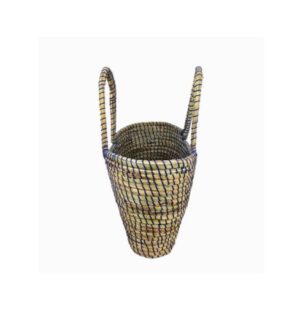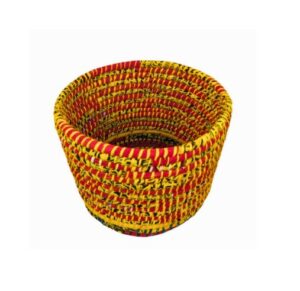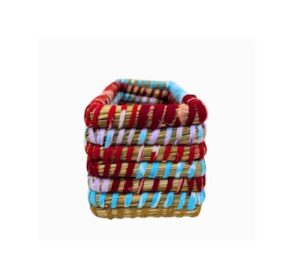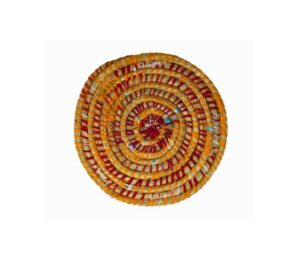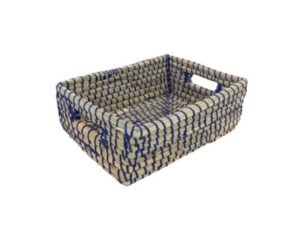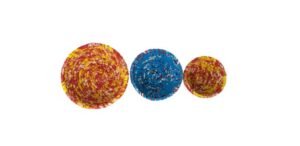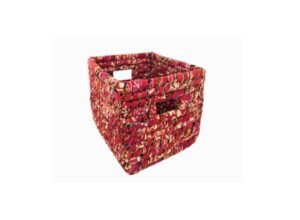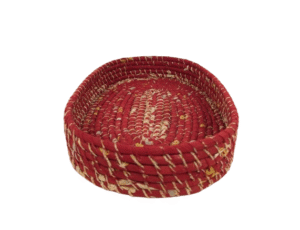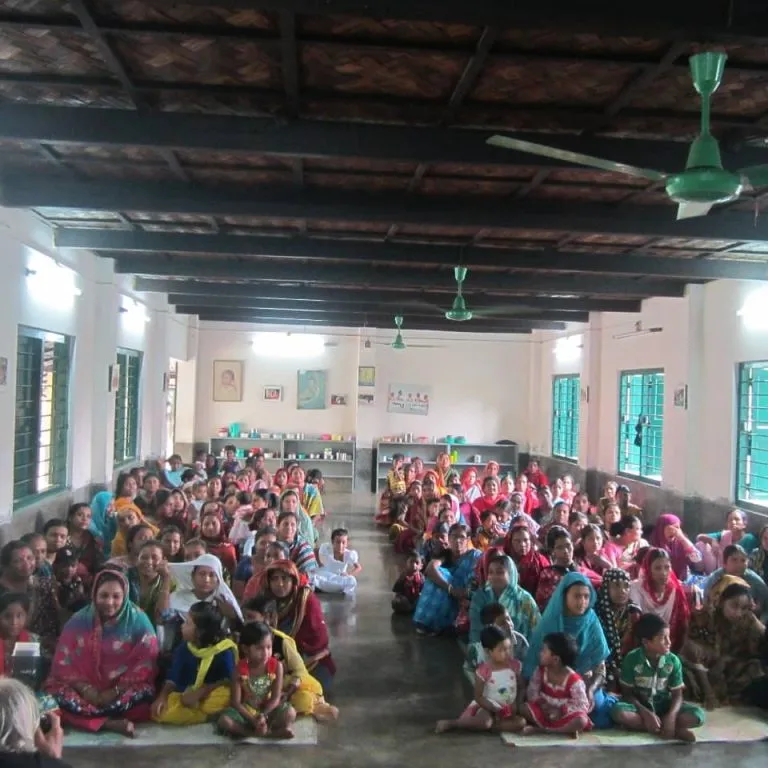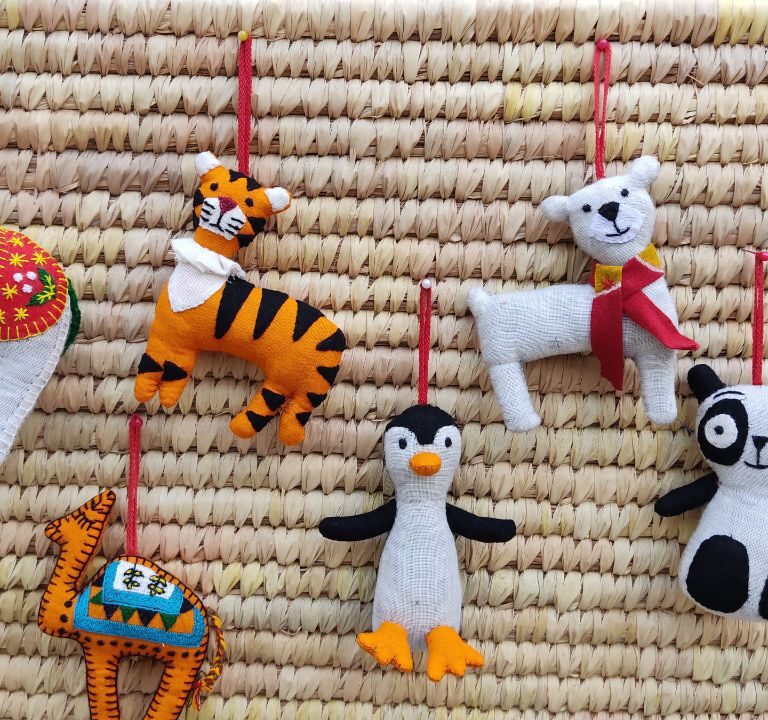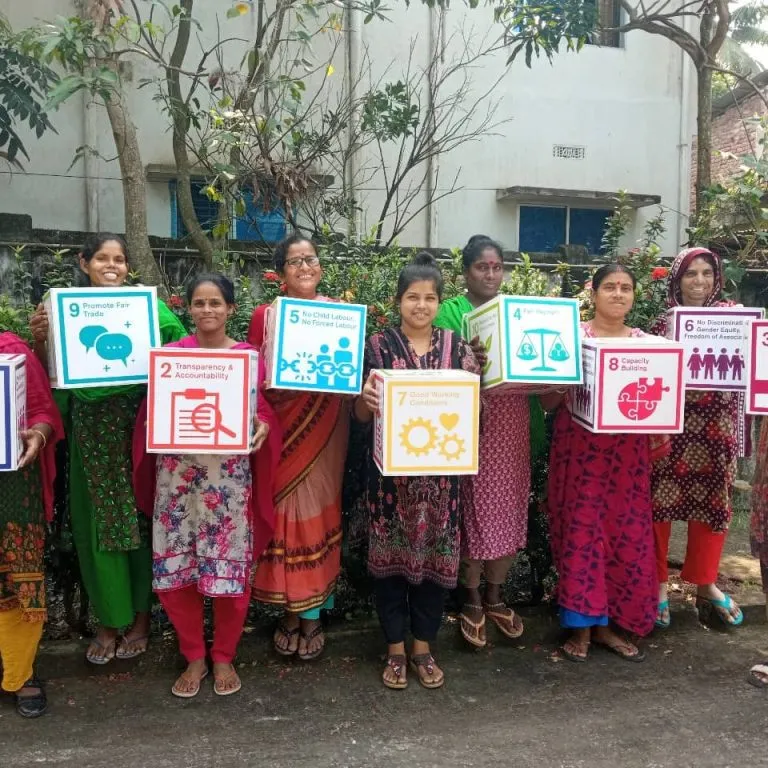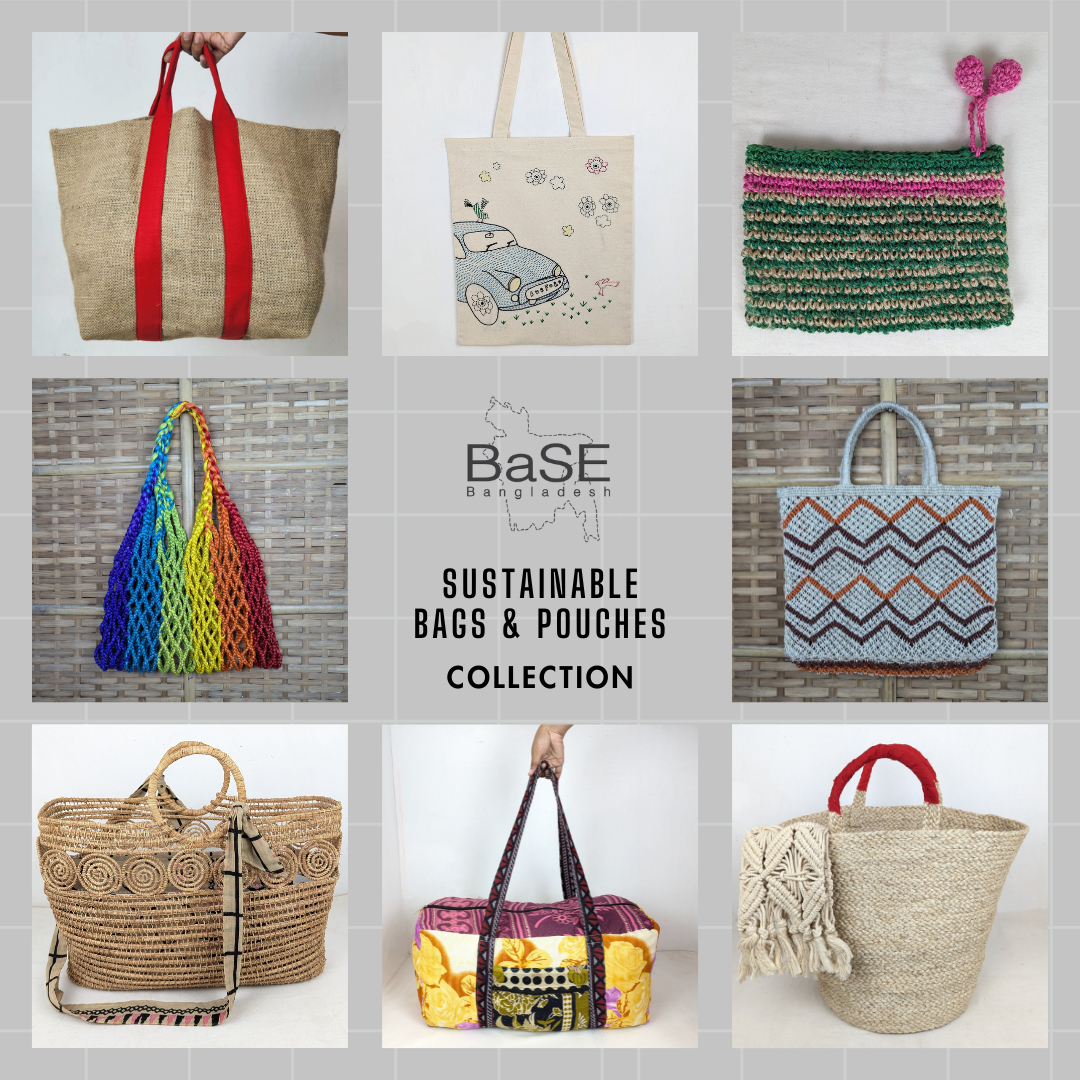
In a world where consumer choices shape economies, fair trade products stand as a symbol of ethical sourcing and sustainable living. Every purchase has the power to influence lives across continents, and this is where organizations like BaSE Bangladesh play a pivotal role.
For businesses, retailers, and conscious buyers who want to source responsibly, understanding how to partner with BaSE is not just a procurement decision—it’s a commitment to fair wages, community development, and eco-friendly production.
BaSE (Bangladesh Social Enterprise) is a pioneering fair trade organization that connects artisans and small-scale producers with international markets. By working directly with rural cooperatives, women-led enterprises, and marginalized communities, BaSE ensures that the value chain benefits those who need it most.
Unlike conventional trade, where intermediaries often take the lion’s share, BaSE guarantees that producers receive fair compensation, safe working conditions, and opportunities for long-term growth.
But here’s the big question: how can businesses and individuals actually source fair trade products from BaSE Bangladesh? The answer involves more than just finding a catalog and placing an order. It’s about understanding the ecosystem of fair trade, navigating procurement channels, and building sustainable partnerships that extend beyond a single transaction.
In this guide, we’ll walk through:
- Why BaSE Bangladesh is a trusted partner for ethical sourcing.
- The step-by-step process to source fair trade products.
- Types of products available through BaSE.
- The impact of sourcing on producers and communities.
- Practical tips for businesses to integrate fair trade into their supply chain.
This isn’t just another procurement guide. It’s about making informed choices that respect both people and the planet. And yes, we’ll keep things clear, straightforward, and maybe add a pinch of light humor—you won’t need a PhD in economics to understand how to buy a handwoven scarf responsibly.
Table of Contents
- Why Choose BaSE Bangladesh for Fair Trade Products?
- Step-by-Step Guide: How to Source from BaSE Bangladesh
- Types of Fair Trade Products Available from BaSE
- Fair Trade Products from BaSE Bangladesh
- Mahin Basket (Faka Design)
- BaSE-17006a Sari and Kaisa Round Basket
- BaSE-25013 Sari Faka Lota Basket
- BaSE-11019b Sari Faka Round Basket
- Tray Small (faka design)
- BaSE-17016abc Sari & Kaisa Bowl Set 3
- BaSE-17013 Sari Magazine Basket
- BaSE-17015 Sari Oval Tray
- Case Study: A UK Retailer’s Experience
- Impact of Sourcing from BaSE Bangladesh
- Practical Tips for Businesses
- Conclusion
Why Choose BaSE Bangladesh for Fair Trade Products?
BaSE has established itself as one of the most reliable fair trade organizations in South Asia. It’s not only recognized by the World Fair Trade Organization (WFTO) but also plays a role in empowering more than 20,000 artisans across Bangladesh.
Here’s why businesses prefer BaSE:
- Direct Support to Artisans – By cutting out middlemen, producers get a fair wage for their work. Many of these artisans are women who rely on craft for household income.
- Sustainability Practices – BaSE emphasizes eco-friendly production, including the use of natural dyes, recycled materials, and organic fabrics.
- Global Recognition – Their products have reached Europe, North America, and Asia through established fair trade networks.
- Product Diversity – From home décor to fashion accessories, BaSE offers a wide range of goods that suit both wholesale buyers and boutique retailers.
- Social Impact – Revenue supports community projects like education, healthcare, and women’s empowerment initiatives.
👉 For perspective: According to Fairtrade International, farmers and workers earned €190 million in Fairtrade Premiums in 2022, much of which funded social programs (source). BaSE follows a similar model, ensuring money goes back into the community.
Step-by-Step Guide: How to Source from BaSE Bangladesh
Sourcing products through BaSE isn’t complicated, but it requires clarity. Here’s a breakdown:
Step 1: Research & Product Selection
Visit BaSE’s official website to explore their catalog. Identify which products fit your market needs—this could be handmade baskets, jute bags, ceramics, or traditional textiles.
Step 2: Contact BaSE Directly
Reach out through their contact form or email. Unlike fast-fashion suppliers, BaSE focuses on building relationships. Expect to discuss product customization, bulk order requirements, and lead times.
Step 3: Request Samples
For businesses, samples are essential to assess quality. BaSE usually provides samples upon request, ensuring you know exactly what you’re ordering.
Step 4: Negotiate Fair Pricing
Remember, this is fair trade. Prices reflect fair wages, not sweatshop discounts. However, BaSE ensures transparency in pricing, and bulk orders often come with reasonable adjustments.
Step 5: Confirm Compliance & Certification
If your business markets itself on sustainability, make sure you request BaSE’s WFTO certification details. This builds trust with your customers.
Step 6: Place Order & Logistics
Finalize your order and discuss logistics. BaSE helps with export documentation, shipping options, and customs guidance.
📌 Pro Tip: If you’re new to importing, partner with a local freight forwarder who understands Bangladeshi exports. It’ll save you from sleepless nights worrying about customs forms.
Types of Fair Trade Products Available from BaSE
BaSE Bangladesh offers a wide variety of artisan-made goods. Below is a quick snapshot:
| Category | Products |
|---|---|
| Home Décor | Baskets, tableware, wall hangings, rugs, lamps |
| Fashion & Apparel | Scarves, shawls, handmade jewelry, bags, clothing |
| Eco-Friendly Goods | Jute bags, recycled stationery, organic cotton products |
| Ceramics & Pottery | Cups, plates, decorative pottery |
| Gift Items | Handcrafted toys, seasonal decorations, unique handmade souvenirs |
This diversity makes BaSE a one-stop solution for businesses that want to stock ethically made, unique, and eco-friendly products.
Fair Trade Products from BaSE Bangladesh
Case Study: A UK Retailer’s Experience
A small boutique in London began sourcing handwoven jute bags from BaSE in 2021. Initially, they ordered just 100 pieces to test the market. The response was overwhelming—customers loved the sustainability angle and the authentic craftsmanship. Within six months, orders scaled to 1,500 pieces.
The boutique reported:
- 20% increase in overall sales due to new ethical product lines.
- Customers were willing to pay a 15–20% premium for fair trade items.
- Stronger brand reputation as an ethical retailer.
This demonstrates that fair trade is not just “feel-good” business—it’s good business.
Impact of Sourcing from BaSE Bangladesh
When you source through BaSE, you’re not just importing products—you’re investing in lives.
- For Producers: Fair wages, access to healthcare, training in new techniques, and financial literacy.
- For Communities: Improved education opportunities for children and community infrastructure development.
- For the Environment: Sustainable use of local resources, reduced waste, and eco-conscious production.
According to a World Fair Trade Organization report, fair trade has significantly reduced poverty levels in artisan communities by increasing income stability. BaSE mirrors this model, making sourcing a direct contribution to Bangladesh’s rural development.
Practical Tips for Businesses
- Integrate Fair Trade in Branding – Highlight your partnership with BaSE in your marketing campaigns. Customers love transparency.
- Start Small, Scale Smart – Begin with smaller orders to test consumer demand.
- Educate Your Staff & Customers – Share the story behind each product. A handwoven scarf is more than fabric—it’s a livelihood.
- Diversify Your Product Range – Don’t just stock one item. Mix categories (e.g., apparel + home décor) for wider appeal.
- Leverage Storytelling – Share artisan stories on social media. People connect with human experiences more than products.
Conclusion
Sourcing from BaSE Bangladesh is more than a transaction—it’s a partnership with artisans, communities, and sustainability. By choosing BaSE, businesses access high-quality, unique, and eco-friendly products while also contributing to social good.
The process is straightforward: research, connect, sample, negotiate, and order. But the impact goes far beyond business—it touches lives, protects the environment, and builds a future where trade is fair for everyone.
So, the next time you think of expanding your product line, consider this: Would you rather stock another mass-produced item, or a handcrafted piece that tells a story of resilience and fairness?
If the latter excites you, then BaSE Bangladesh is the partner you’re looking for.


